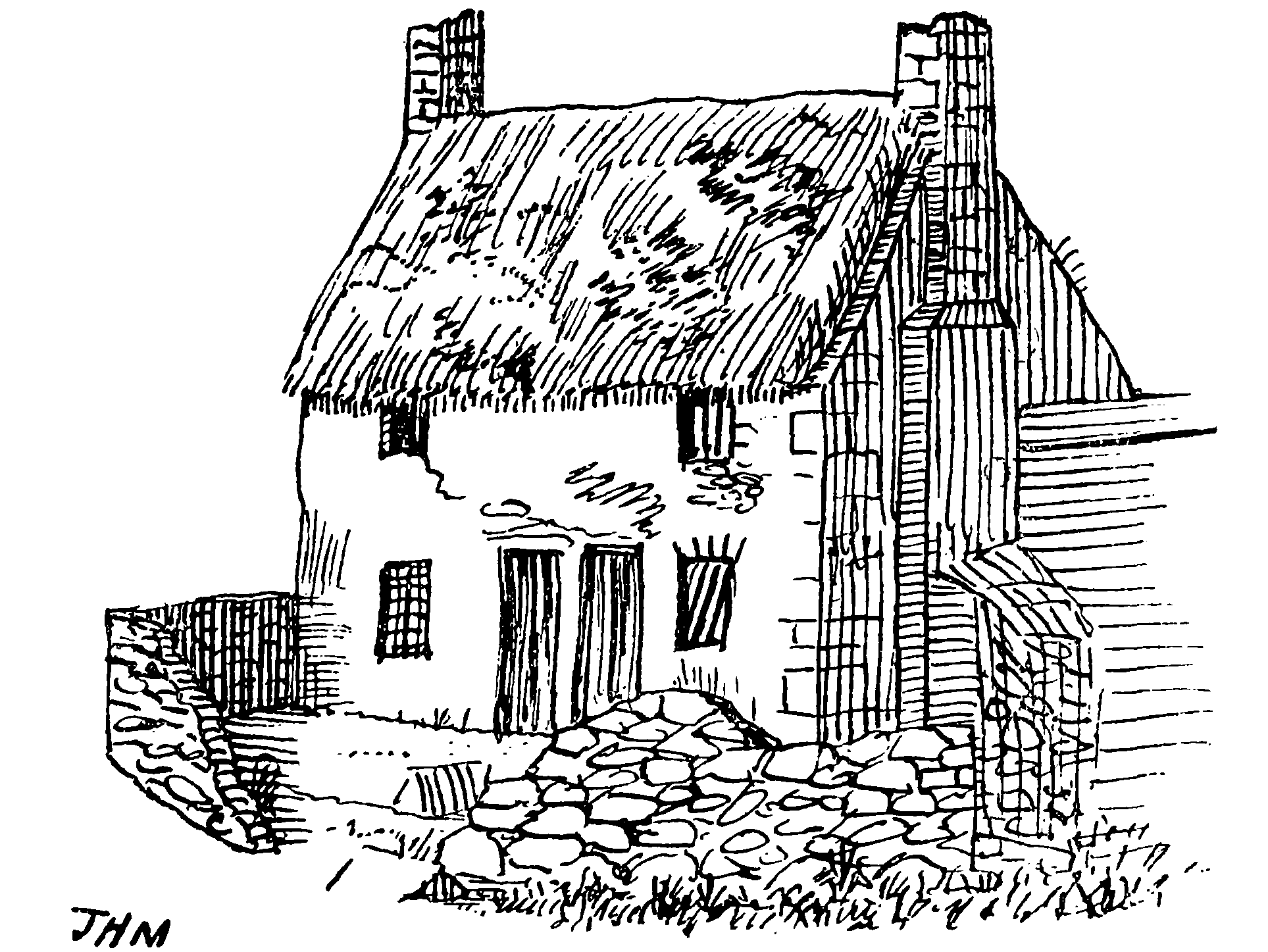Cardiff Records: Volume 4. Originally published by Cardiff Records Committee, Cardiff, 1903.
This free content was digitised by double rekeying. All rights reserved.
'Minutes of the Cardiff Street Commission and Local Board of Health: Introduction', in Cardiff Records: Volume 4, ed. John Hobson Matthews( Cardiff, 1903), British History Online https://www.british-history.ac.uk/cardiff-records/vol4/pp515-517 [accessed 27 July 2024].
'Minutes of the Cardiff Street Commission and Local Board of Health: Introduction', in Cardiff Records: Volume 4. Edited by John Hobson Matthews( Cardiff, 1903), British History Online, accessed July 27, 2024, https://www.british-history.ac.uk/cardiff-records/vol4/pp515-517.
"Minutes of the Cardiff Street Commission and Local Board of Health: Introduction". Cardiff Records: Volume 4. Ed. John Hobson Matthews(Cardiff, 1903), , British History Online. Web. 27 July 2024. https://www.british-history.ac.uk/cardiff-records/vol4/pp515-517.
In this section
CHAPTER VII.
Minutes of the Cardiff Street Commission and the Cardiff Local Board of health.
1774–1865.
BEFORE drawing this Volume to a close, it seems well to give a summary of the proceedings of two important bodies in whom was vested, by Acts of Parliament, the management of such departments of municipal business as are now controlled by the Public Works and Health Committees. Those bodies were the Cardiff Street Commission, established by a private Act of 1774, and the Cardiff Local Board of Health, formed in 1850 under the Public Health Acts, 1848 and 1850. The Commissioners, and subsequently the Members of the Board, were for the most part Members also of the Cardiff Town Council; but their Meetings and Minutes were kept distinct from those of the municipality.
To begin with the Minutes of the Commission; although that new broom swept the streets very clean during the earlier years of its existence, it was beginning to show signs of wear at the close of the 18th century. From 1796 the attendance was very poor, and the business transacted but slight. Only one Meeting assembled in each of the years 1800, 1801 and 1802, and all the business done by the two last was the ordering of a shilling rate. This closes the Commission's first Minute Book; and I can find no further proceedings until 1815, when they are resumed in Town Book IV. Twenty one Meetings were called that year, but no Commissioners attended the first twenty of them. The Clerk, Mr. Stibbs, nothing discouraged by the apathy of his employers, conscientiously kept formal records of the calling and adjournment of these unattended "Meetings."
On their twenty first Meeting-day, six Commissioners summoned up sufficient energy to attend, ordered a rate and appointed a Treasurer.
This unwonted activity so exhausted the powers of the gentlemen concerned, that thirteen more Meeting-days passed unheeded. By this time these public servants had so far recruited that, on 24 December 1816, they ordered the repair of two streets.
At the end of 1817 the Cardiff Street Commissioners finally woke up. They held a Meeting on Christmas Eve, the Orders of which they not only signed, but sealed and delivered; and from that date onwards, business was fairly brisk. It may be remarked that subsequent Meetings were held not, as formerly, at an hotel, but in the more businesslike atmosphere of the Town Hall.
In 1819 such trouble arose from the breaking of street lamps, that five persons were specially sworn as Constables to protect them. That the sport of "boxing the Charlies" was not confined to the Toms and Jerrys of the Metropolis, appears from the destruction of a watchman's box in December 1819.
The beginnings of our scavenging system may be seen in 1820. Cardiff, we learn, was first lighted with gas in 1821. The streets were macadamised in 1828.
Readers who appreciate the quiet humour of formal records must not miss the history of Mr. French's bow window. It gave the Commissioners something to do for fifteen months on end.
Lovers of the " Ingoldsby Legends " will be interested to find Mr. Green and his "Monstre Balloon" at Cardiff, in 1828.
In 1831 complaints were made to the Commissioners about the dirty state of the streets. In 1835 they took the scavenging out of the hands of their contractor, in order to do the work themselves through the medium of "able-bodied paupers" with "besoms." Cardiff, however, seems to have had enough of her Street Commission, which met for the last time on 8 May 1837.
The Cardiff Local Board of Health held their first Meeting on 16 September 1850. Any points calling for special comment shall be noticed in footnotes to the text.

DISMANTLED COTTAGE AT WHITCHURCH.
